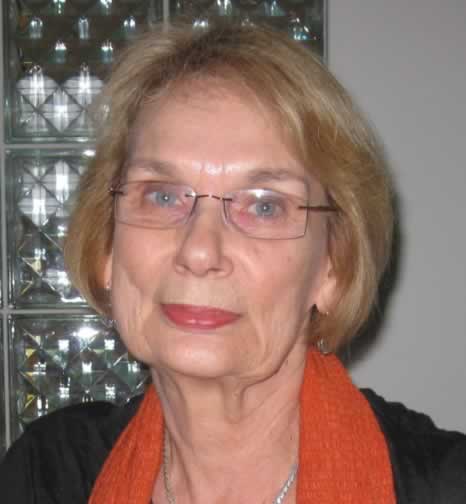
Members and friends are invited to the join us on Wednesday, October 21, 2020 commencing at 5.00pm AEDT* by Zoom webinar
*Note Daylight saving will be in operation. Check local times
Zoom link: https://us02web.zoom.us/j/84115476747
Zoom tips: https://acal.edu.au/zoom-tips/
2020 Annual General Meeting Agenda
Voting and nominations are available to financial ACAL members.
1. Confirm the minutes of the previous AGM held on October 23, 2019
2. Receive and adopt an annual report from the Executive
3. Receive and adopt the audited accounts of ACAL
4. Elect new officers and Executive Committee for 2020-21
The meeting is to elect the following
- President
- Vice President (to be based in a state or territory different from that of the President)
- Honorary Secretary
- Honorary Treasurer
5. Announce state and territory representatives
6. Appoint the auditor, Penny Carroll, Outer Eastern Bookkeeping
7. Close meeting
Links
Interested in nominating?
The four Executive positions are open to all financial ACAL members and details are provided here
Nomination forms
Position descriptions
Constitution
2020 Arch Nelson Address with Pam Osmond
Arch Nelson played a major role in placing adult education on the government and public agenda and he was inaugural Chairman of the Australian Council for Adult Literacy (ACAL).
Each year, in recognition of the outstanding contribution by Arch Nelson, a leading figure in the field of adult education is invited to give an address in Arch’s name.
The speaker this year is Pamela Osmond and her topic is
‘Re-thinking Foundation Skills: What advice would Arch Nelson have for us?’
At last year’s ACAL pre-conference workshop in Sydney, participants discussed how we might ‘weave a richer narrative of adult literacy and numeracy’.
There seemed to be agreement that the present foundation skills discourse and available provision reflect a very restricted narrative and that it might be time to re-consider and re-imagine what an alternative, richer and more inclusive narrative might look like.
This presentation will elaborate on some of the suggestions and blue-sky thinking from that session, and relate it to Arch Nelson’s vision of a community development approach to adult basic education.
Not able to attend? We’ll make a recording available via the website and newsletter.
Arch Nelson Speaker - Pamela Osmond
 Pamela Osmond has worked in the field of Adult Basic Education since the 1970s. Her initial teaching role was as high school English and History teacher, and with a newly minted graduate diploma in reading education, she was amongst the first wave of teachers appointed to the fledgling field of adult basic education in Australia, and has worked continuously in the field since then. She was initially appointed as regional adult literacy officer, responsible for developing and co-ordinating volunteer tutor programs, and subsequently has taught in a range of contexts and occupied a number of management and curriculum support roles in TAFE NSW.
Pamela Osmond has worked in the field of Adult Basic Education since the 1970s. Her initial teaching role was as high school English and History teacher, and with a newly minted graduate diploma in reading education, she was amongst the first wave of teachers appointed to the fledgling field of adult basic education in Australia, and has worked continuously in the field since then. She was initially appointed as regional adult literacy officer, responsible for developing and co-ordinating volunteer tutor programs, and subsequently has taught in a range of contexts and occupied a number of management and curriculum support roles in TAFE NSW.
Pam has had a long interest in resource development and is the author of a wide range of teaching / learning resources, including So You Want to Tech an Adult to Read…? and Literacy Face to Face. She has also been employed by University of Technology Sydney (UTS) as teacher educator and at present is teaching on the Graduate Diploma of LLN Practice at TAFE Digital. She has had a close connection with the Reading Writing Hotline over many years and has held executive positions on ACAL and NSWALNC, of which she is currently vice-president.
Pam has recently completed a masters degree at UTS, with a thesis titled Adult Basic Education in NSW 1970–2018: Official stories and stories from practice. “This was a really rewarding experience,” she said. “We work in a field with a rich and interesting heritage; a heritage that mustn’t be forgotten as the field faces the multiple challenges of this era. In the 40 years that I have been involved in this field I have seen it transformed from one that was concerned with social justice and with meeting the personal, social and employment needs of all our students, to one that is focussed almost exclusively on employment. I mourn that transformation, as do many teachers that I speak with.”
